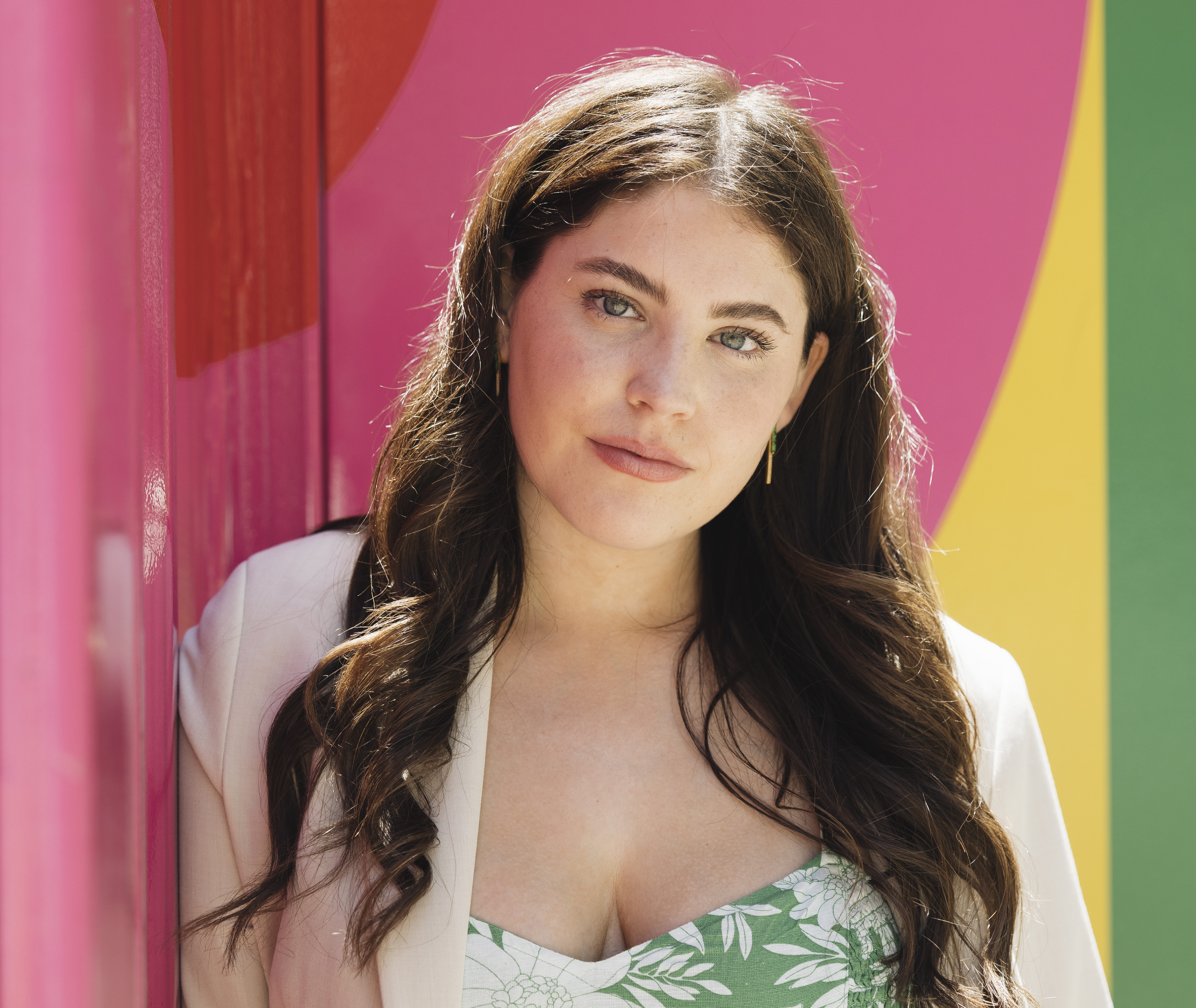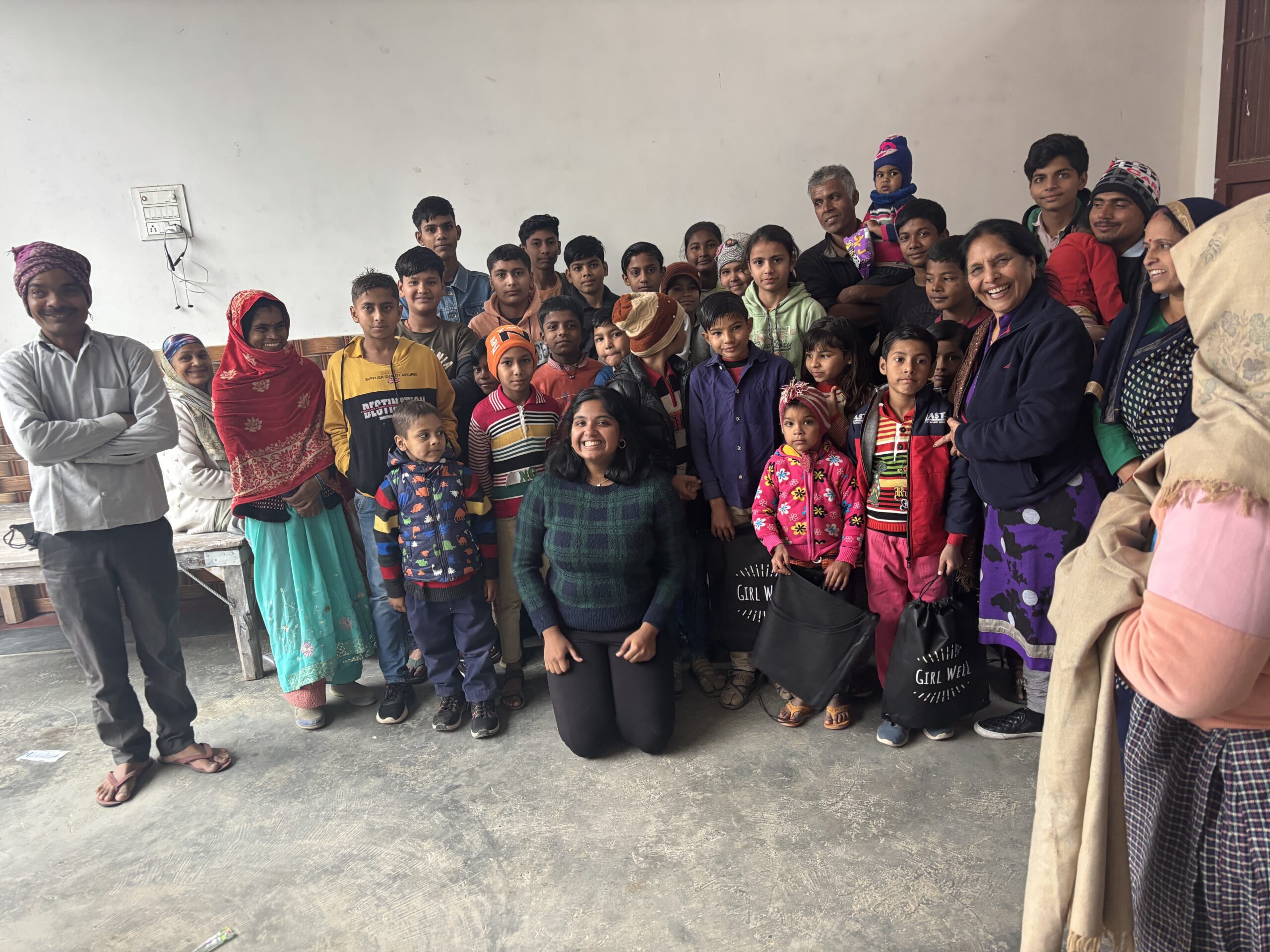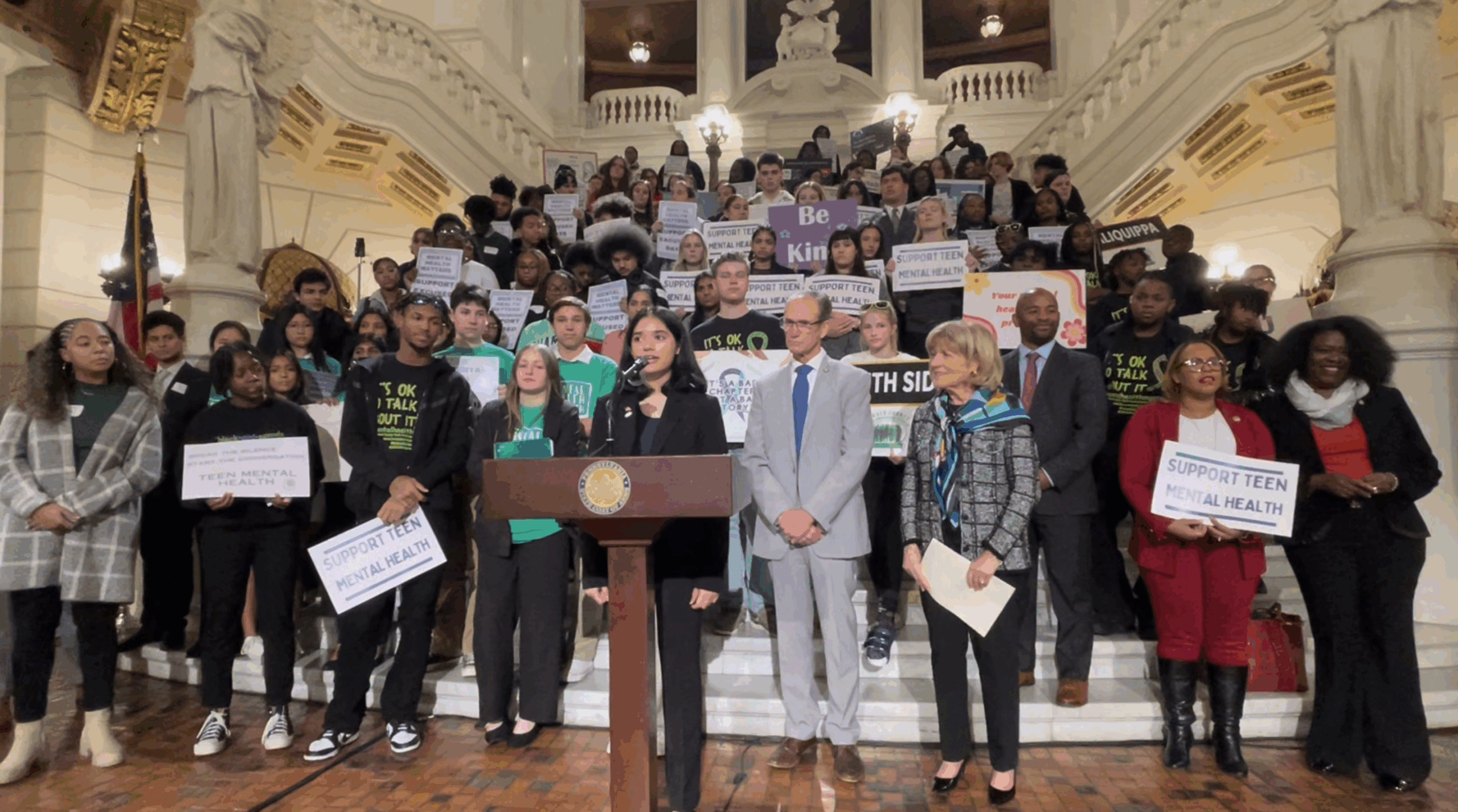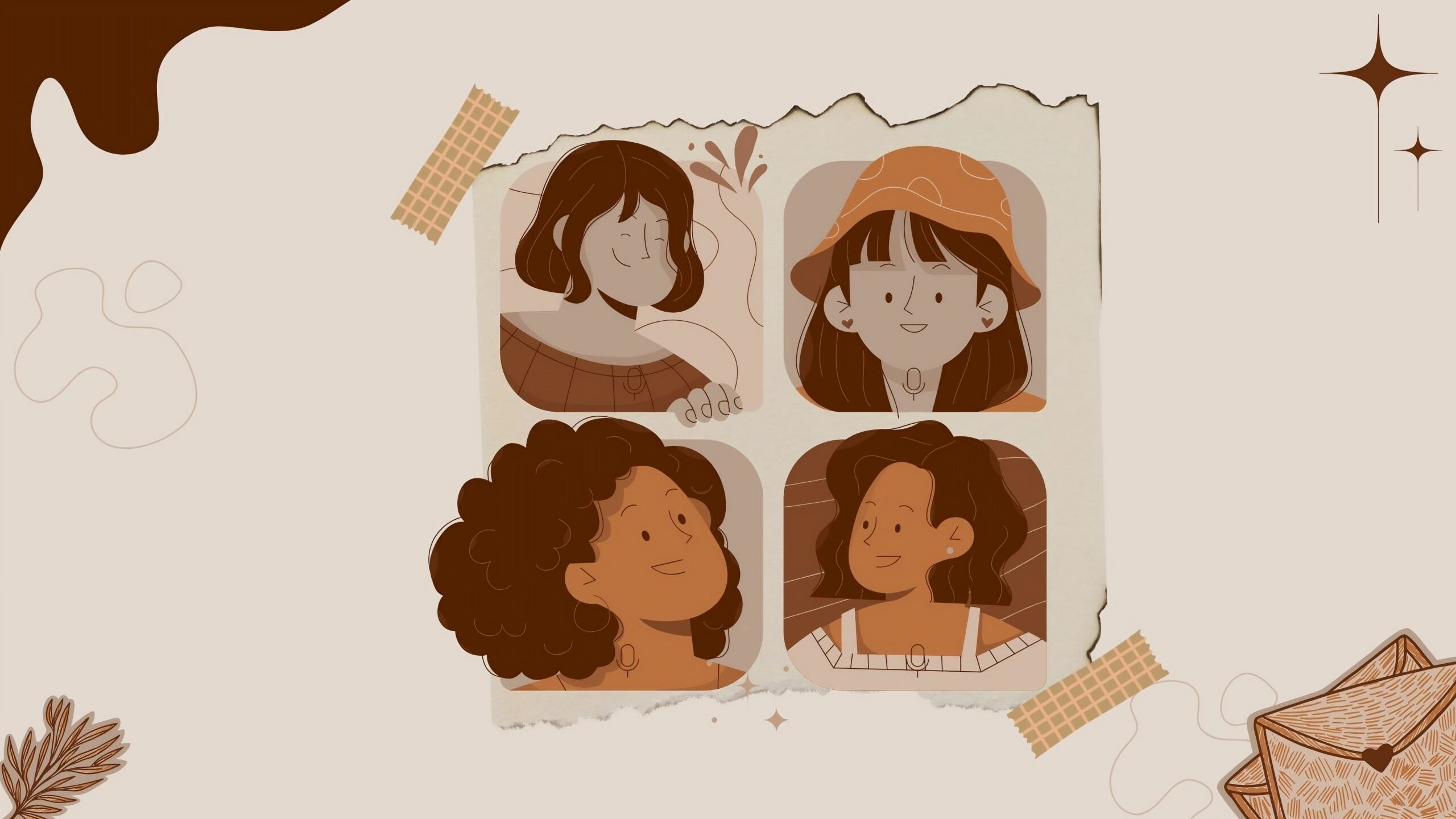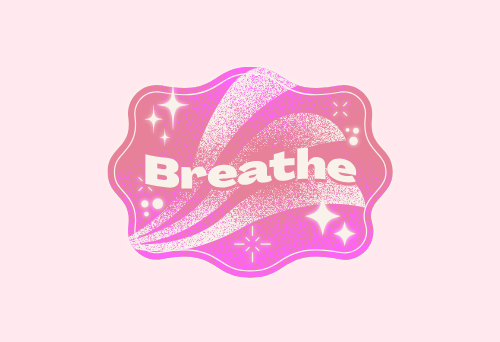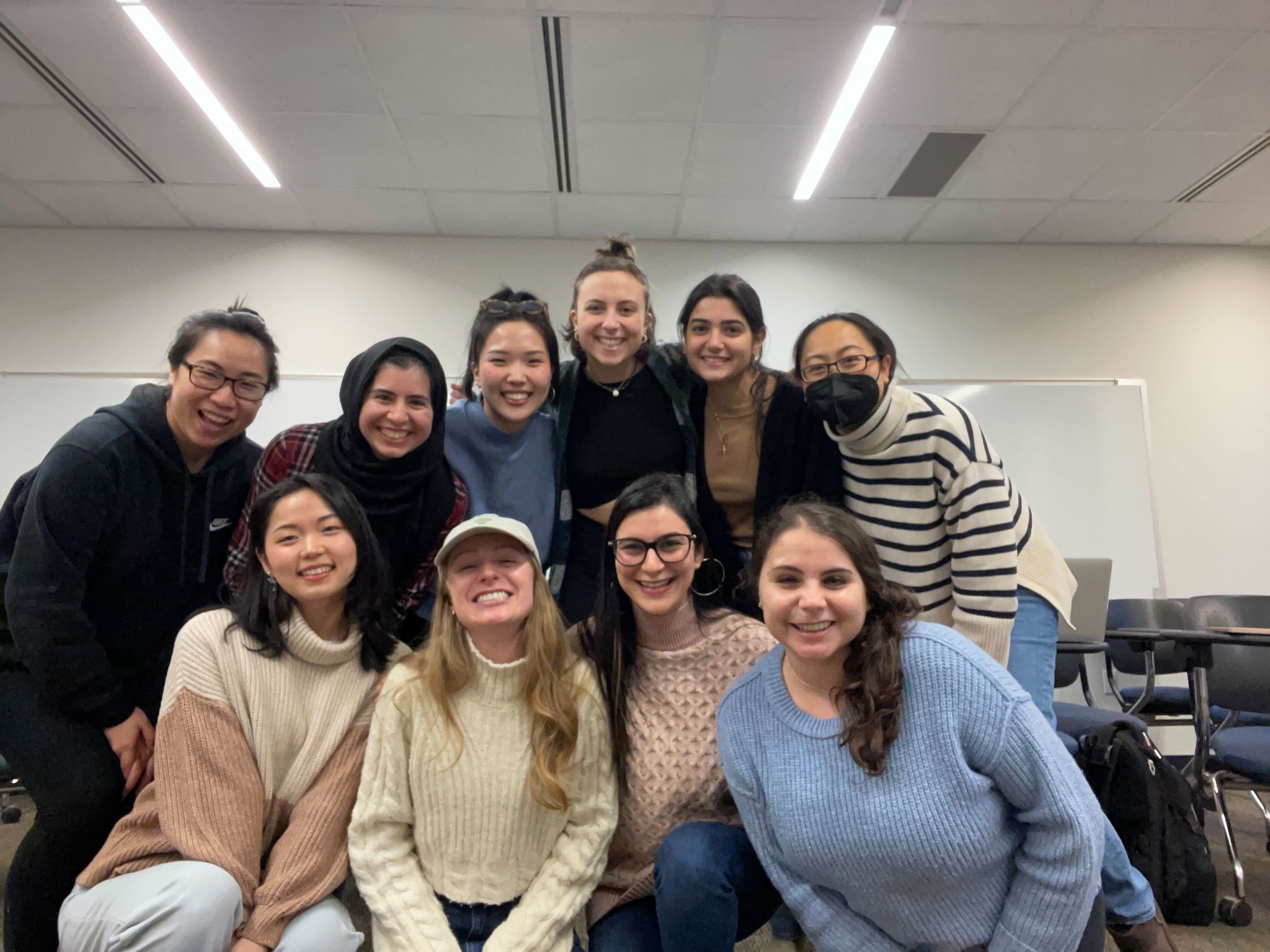Gigi Robinson’s mental health story started early on in her childhood when she was surrounded by stereotypical mean girls from her time in elementary school all the way through college.
“Growing up in a city like NYC put a ton of pressure on always looking the best that I could,” she said.
Though you may not believe it, Gigi grew up as a shy, but very creative kid. Gigi struggled to build her confidence and relationship with body image due to the culture around her. She first started seeing a therapist when she was about seven or eight years old, which really helped her on her journey dealing with friendship drama at school but also with confidence in herself. She’s always enjoyed therapy and has seen it as a way to express herself and talk to an unbiased person who can validate her feelings and emotions. Therapy has also given Gigi tools to handle hard situations differently. When she was diagnosed with chronic illness, things became a little more challenging for her regarding her mental health issues. Since then, she’s learned to use her platform to draw attention to issues like mental health and chronic illness, and that has been very healing in itself!
Gigi advocates for mental health and chronic illness in tandem because the mind and the body go hand in hand. Living with a chronic illness is difficult because it’s usually not something that has an immediate cure. This can create a lot of problems, both physical and mental, for patients. The mental endurance you go through as a patient is lonely and scary, but knowing that other people go through the same thing makes it less challenging. We live in a world where, luckily, we have other people to rely on, like influencers and celebrities being transparent about their stories and their journeys. She fell into the world of social media almost by accident, but her own experience of ableism in college forced her to use her voice.
Gigi values and believes kindness is incredibly important because you truly never know what someone is going through. Chronic illnesses are oftentimes invisible; it’s impossible to tell if someone is chronically ill just from their appearance, which is just as true for mental health issues. She always takes the approach of frequently asking people if they’re OK and setting strong boundaries. Going out of your way to make someone comfortable in any situation is, she thinks, one of the most emotionally intelligent things you can do. You never know what impact your words will have on someone, so what is there to lose if a small gesture of kindness might alleviate someone’s stress?

When Gigi was asked how we can show up for people with mental health conditions and chronic illnesses, she said people with chronic illnesses need to communicate to their friends and family about their condition and the help they need so that they can live a life that they’re proud of and that they enjoy. Without strong support from friends, family, colleagues, teachers, and caregivers, it’s nearly impossible for chronically ill people to feel like they can get through each day. Showing up for those around you who need help will not only help that person through whatever challenge they’re going through but will also help build your relationships and strengthen them. In short, simply showing up for those you love is half the battle!
There are many misconceptions and myths about mental health and chronic illnesses. Gigi states that just because someone looks OK doesn’t mean they are OK! You often can’t see when someone has a mental health condition or a chronic illness; they look like a perfectly healthy person. It’s really challenging when you’re diagnosed with an invisible condition, and you have to constantly live life, proving to people that you’re sick on top of already trying to get through life as a sick person. Gigi personally spent her entire teenage years explaining what her condition was. People would tell her, “Oh, you look perfectly fine,” or, “You are too young to feel joint pain!” Gigi cannot emphasize enough how we must have more dialogues about mental health issues and chronic illnesses. We also need to build compassion into education systems and workplace settings to learn to meet people where they are instead of where we want them to be. It’s incredibly important to remember that everyone is fighting their own battle and that we must give each other grace as we go about our lives. A little bit of grace can mean everything to people with chronic illnesses.
Gigi fights to end the stigma against communities of mental health and chronic illnesses. As she mentioned, creating discussions about chronic illness and mental health in settings where we interact and collaborate with other people is really important. Suppose we begin to have open conversations about health in the workplace and educational settings. In that case, it will offer an opportunity for others to ask questions and for chronically ill people to give answers. Ultimately, these discussions will help people feel comfortable asking for accommodations in many situations.
“I think that social media and traditional systems in institutionalized settings prohibit normalizing the conversation around health in the first place,” she said. “Talking about mental health and chronic illnesses publicly with your peers, colleagues, friends, families, and caregivers will at least start the spark for a fire that could eventually end the stigma.”

Gigi’s advice for people struggling with their mental health; the first she would say is to go look at the various nonprofits and organizations that are linked on all of her social media pages. Organizations she has partnered with, like the JED foundation, offer some amazing resources for people who are struggling with their mental health. Besides that, a quick search on Instagram like “mental health advocate” can help you find people dealing with similar conditions and can help build a digital community of easily-accessible support. A qualified therapist, whether in-person or online, can also be a beneficial tool to have when working on your mental health. Lastly, there are a bunch of crisis lines that you can call if you feel like you are really struggling. Search “crisis hotlines” on Google to find these phone numbers!
Gigi started Everything You Need is Within, a talk show hosted and produced by Gen Z for Gen Z, that tells it like it is and places an emphasis on changemakers and creative innovators across social advocacy industries. She started this show because she wanted to amplify the voices of other creators who were having issues in a variety of spaces. She especially wanted to expand the way that we were having discussions about mental health, specifically in the social media landscape.
She also wanted to create a go-to podcast where other creators could learn about different elements of the creator economy, such as building teams, running a full business, hiring a PR firm, and taking down the facade everyone puts up online. She wanted to be able to connect with more people throughout the pandemic who were dealing with similar things as well, so she reached out to creators she resonated with, and the rest is history! She is really happy that EYNIW was able to bring together an engaged group of people who care about mental health and content creation.
Gigi is working on a variety of projects right now. She is enjoying working on a few different writing projects and a scripted series that you can expect to come out soon. She is so excited for it all to be launched into the world!








